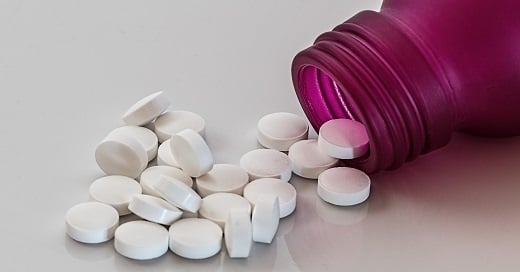The current advances in diabetes treatment are impressive. Much has changed since 1922, when the first insulin started to be manufactured and Type 1 diabetes was considered a fatal disease. Improvements in insulin formulations and their administration have allowed people with Type 1 and Type 2 diabetes to enjoy longer life expectancy and better quality of life.
Although the treatment of Type 2 Diabetes may include different types of drugs, the WHO estimates that 40% of patients with diabetes depend on insulin injections as part of their treatments. The value of insulin is undeniable; however, having to inject insulin every day is a major burden for many patients.
In light of that, there is a lot of expectation surrounding the development of alternative routes of insulin administration, especially the development of an oral insulin, as they are expected to overcome barriers to starting insulin therapy and increase patient compliance.

Groundbreaking data
To date, very little success has been reported in this area. This is why the results of a phase2a, randomised, double-blind feasibility study conducted by Profil, on behalf of Novo Nordisk, were received with so much enthusiasm during Dr. Leona Plum-Mörschel’s presentation at the American Diabetes Association 77(th) Scientific Sessions.
The study compared the efficacy and safety of a long-acting oral insulin tablet to subcutaneous Insulin Glargine Injection. 50 insulin-naïve Type 2 Diabetes patients participated, who were not well controlled on their current oral anti-diabetes medication. The 8 week treatment consisted of a daily oral insulin and a placebo injection for one group of patients, and a daily insulin glargine injection and a placebo oral insulin for the second group. Patients in both groups continued their treatment with metformin and DPP-4 inhibitor during the trial.
The results revealed that, for the first time, an oral basal insulin can safely and considerably improve glycemic control in patients with type 2 diabetes with no significant differences from insulin glargine injection. Both oral and injectable insulin had similar improvements of fasting plasma glucose, HbA1c and fructosamine.
No severe adverse events were reported and the occurrences of minor adverse events were similar in both groups (15 patients from the oral insulin group and 17 from the insulin glargine group, respectively). The incidence of hypoglycemia in both groups was also comparable, with 6 patients in each group reporting hypoglycemic events, consisting of 7 incidents with oral insulin and 11 incidents with insulin glargine.
Is there further hope for oral insulin?
Although the results were promising, Novo Nordisk decided to discontinue the development of the oral insulin as the costs of a large scale production proved to be commercially unviable due to low bioavailability, requiring large quantities of insulin to be added to its formulation.
However, Novo Nordisk’s Science Chief recently declared that they are still working on finding a way to increase uptake in the body. If they manage to find a solution, Novo will resume the development of oral insulin, so there is still a light in the end of the tunnel.




